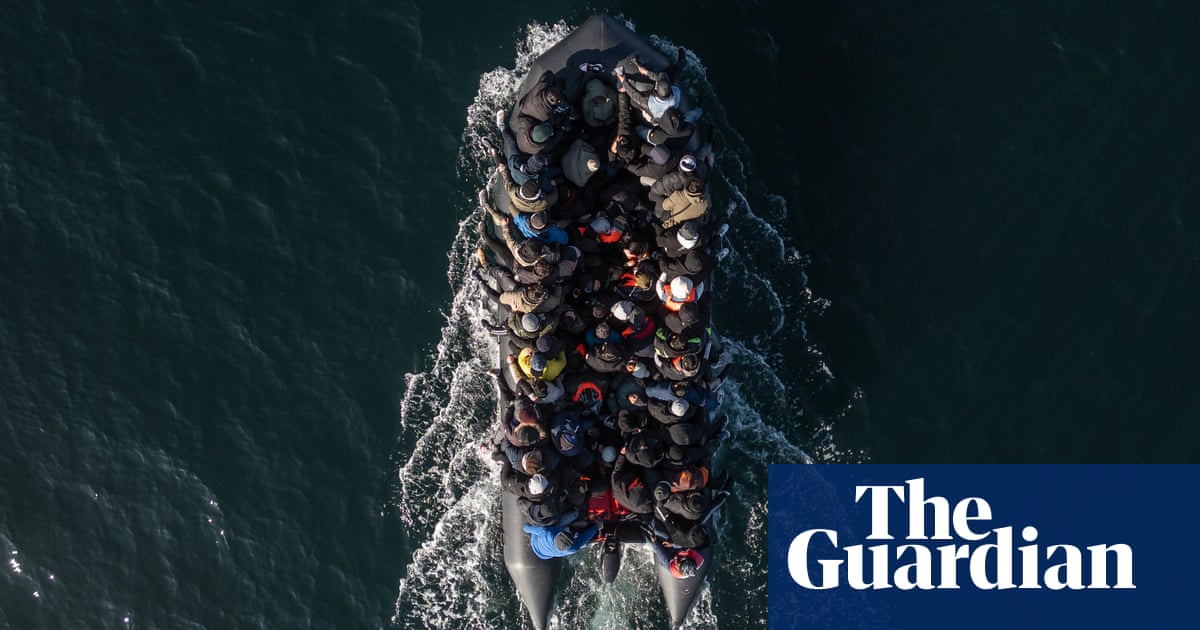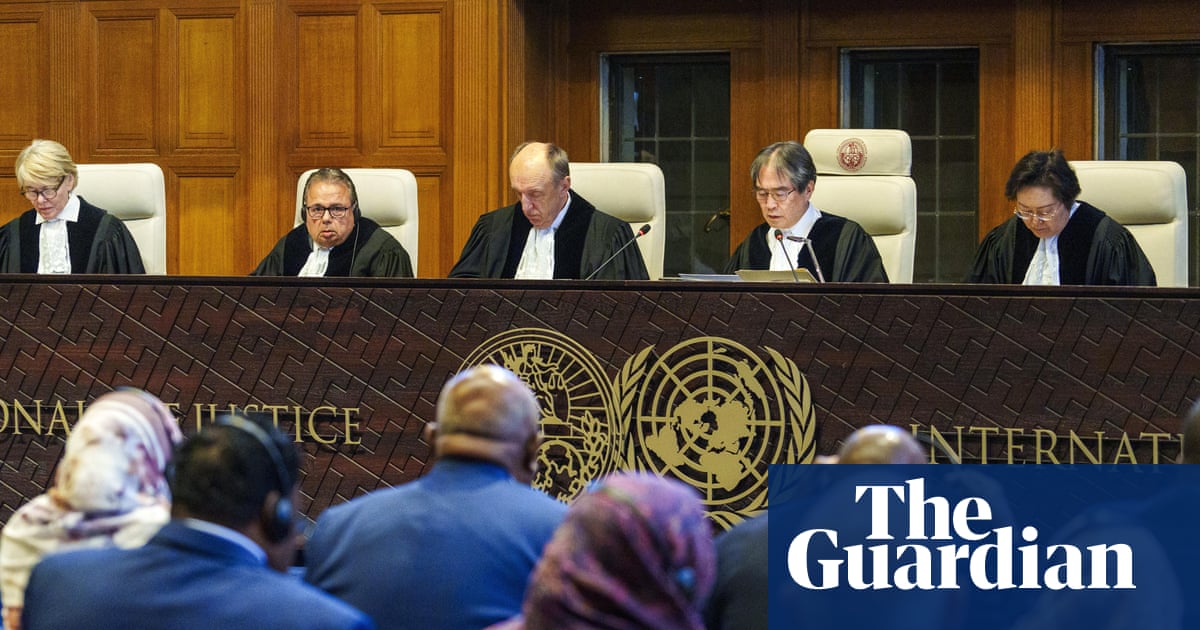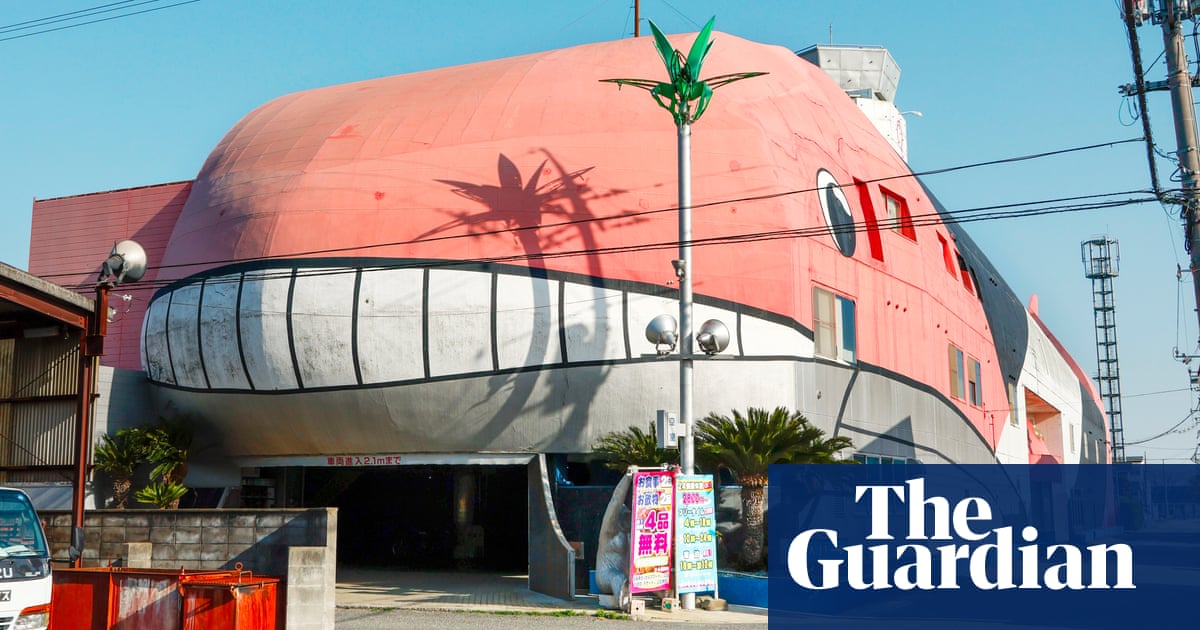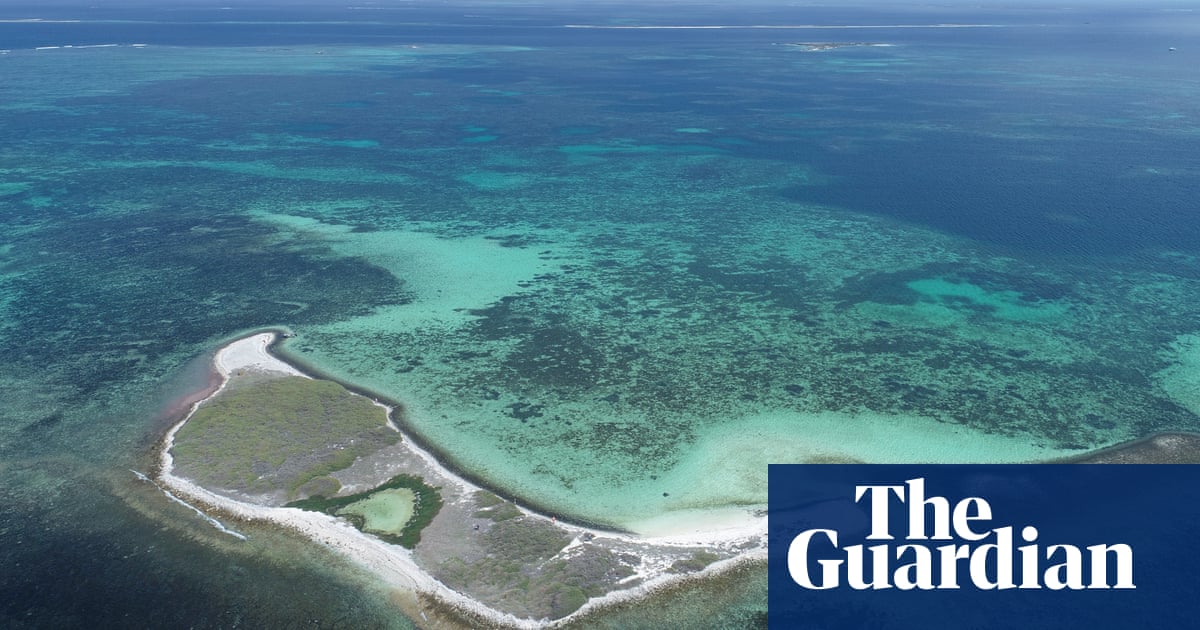Israel is to expand its military operations in Gaza in the coming weeks, with the aim of “conquering” the territory and establishing a “sustained presence” there, Israeli officials have said.
The plan, which was unanimously approved at a security cabinet meeting late on Sunday, goes beyond any aims so far outlined by Israel for its offensive in the devastated Palestinian territory and is likely to prompt deep international concern and fierce opposition.
Officials told reporters in Israel that the plan would involve a new and intense offensive leading to “the conquest of Gaza and the holding of the territories, moving the Gaza population south for their protection [and] … powerful blows against Hamas”.
After a fragile ceasefire collapsed in mid-March, Israel renewed its bombardment of Gaza, with troops reinforcing kilometre-deep “buffer zones” along the perimeter of Gaza and expanding their hold over much of the north and south of the territory.
In all, more than 70% of Gaza is under Israeli control or covered by orders issued by Israel telling Palestinian civilians to evacuate specific neighbourhoods.
On Sunday, the army chief, Lt Gen Eyal Zamir, said the military was calling up “tens of thousands” of reservists to allow conscripted regular troops to be deployed to Gaza for the new offensive.
Zamir has resisted calls by some Israeli ministers for the Israel Defense Forces (IDF) to take on the job of distributing aid in Gaza, which has been under a tight blockade by Israel for more than two months. Much of the 2.3 million population can no longer find enough to eat and the humanitarian system is close to collapse, aid officials in the territory have said.

Israeli officials told local media that ministers believed there was “currently enough food” in the territory, but that they approved “the possibility of a humanitarian distribution, if necessary, to prevent Hamas from taking control of the supplies and to destroy its governance capabilities”.
Israel says the blockade and intensified bombardments since mid-March are to pressure Hamas into releasing hostages held in Gaza. Militants in the territory still hold 58 hostages seized in Hamas’s October 2023 attack on Israel, which resulted in the deaths of about 1,200 people, mostly civilians.
Israel’s retaliatory military offensive has killed at least 52,535 people in Gaza, the majority of them civilians, according to the health ministry there.
The officials also said Benjamin Netanyahu, Israel’s prime minister, “continues to promote” a proposal made in January by the US president, Donald Trump, to displace the millions of Palestinians living in Gaza to neighbouring countries such as Jordan or Egypt, to allow its reconstruction.
Trump’s scheduled visit later this month to Saudi Arabia, Qatar and UAE may provide an additional incentive to the Israeli government to conclude a new ceasefire deal and allow aid into Gaza. Trump, who recently said he wanted Netanyahu to be “good to Gaza”, is likely to come under pressure from his hosts to push Israel to make concessions to end the conflict.
Israeli military officials say that seizing territory provides Israel with additional leverage in its negotiations with Hamas and some observers suggest that the public announcement of the new offensive and plans for longer-term presence in Gaza are designed to win concessions in negotiations over a new ceasefire deal.
Humanitarian organisations have unanimously rejected Israel’s plan to establish a limited number of aid distribution hubs run by private contractors and guarded by the IDF in southern Gaza.
The UN Office for the Coordination of Humanitarian Affairs (OCHA) said on Sunday: “Israeli officials have sought to shut down the existing aid distribution system run by the United Nations and its humanitarian partners and have us agree to deliver supplies through Israeli hubs under conditions set by the Israeli military, once the government agrees to reopen crossings.
“[This] contravenes fundamental humanitarian principles and appears designed to reinforce control over life-sustaining items as a pressure tactic – as part of a military strategy. It is dangerous, driving civilians into militarised zones to collect rations, threatening lives, including those of humanitarian workers, while further entrenching forced displacement.”
Hamas said on Monday the new Israeli framework for aid delivery in Gaza amounted to “political blackmail” and blamed Israel for the war-ravaged territory’s “humanitarian catastrophe”.
A coalition representing the majority of families of hostages held by Hamas, about half of whom are thought to be dead, accused Netanyahu of endangering their loved ones. It said: “The expansion of military operations puts every hostage at grave risk. It also threatens the lives of our soldiers and deepens the toll on countless Israeli families already carrying the burden of this war.”
Netanyahu’s governing coalition – and so his hold on power – depends heavily on the support of hardline rightwing parties that have long demanded the reoccupation and resettlement of Gaza, which Israel formally left in 2005. A new parliamentary session opened on Monday.
Israeli strikes across Gaza continued overnight, killing at least 17 people in the north of the territory, according to hospital staff. Strikes hit Gaza City, Beit Hanoun and Beit Lahiya and among the dead were eight women and children, according to staff at al-Shifa hospital, where the bodies were brought.

 6 hours ago
8
6 hours ago
8













































